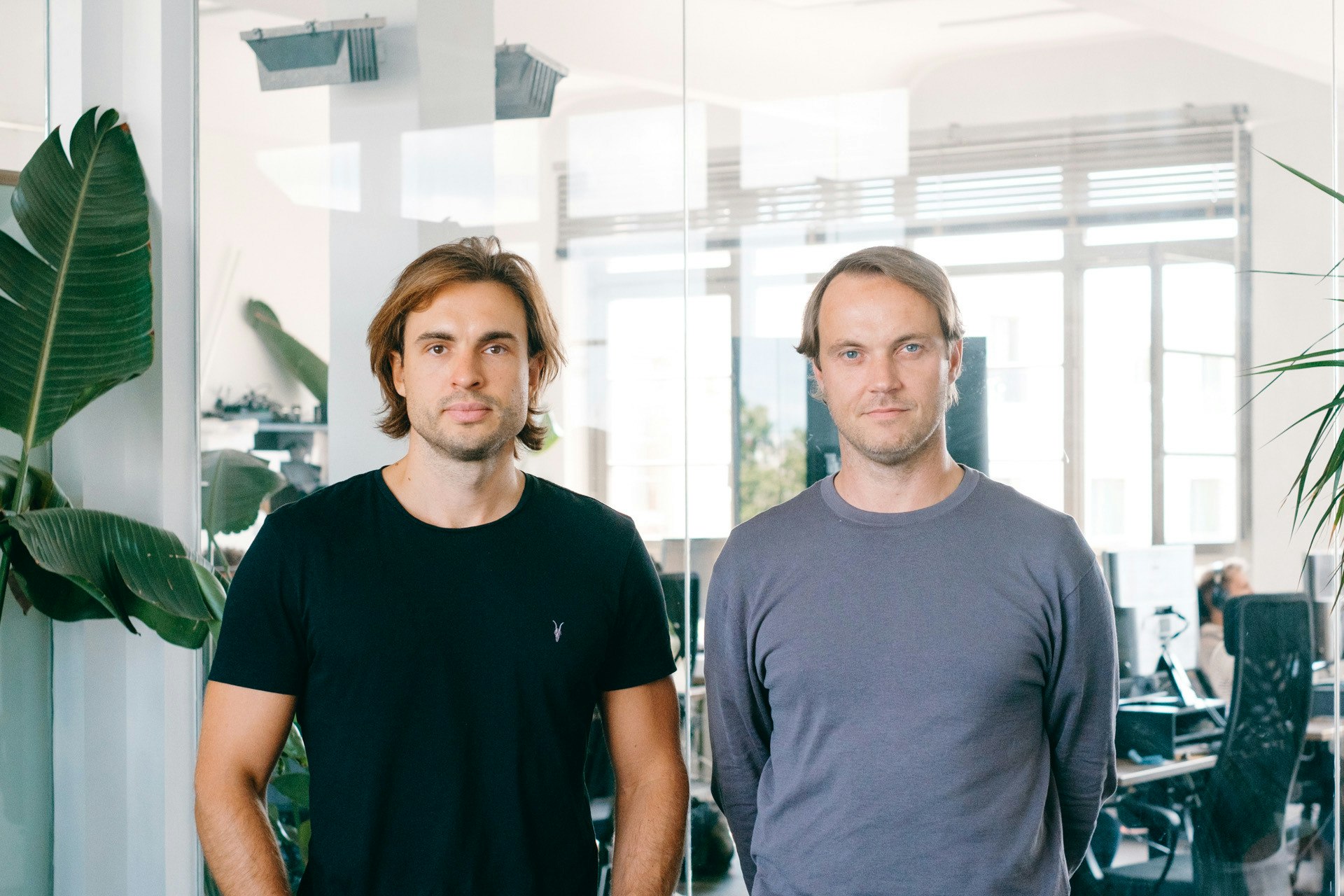For the climate tech world, 2023 was somewhat of a mixed bag. Funding levels fell compared to the year prior, but the industry took up a larger portion of the tech funding landscape than ever before.
So what’s ahead for the industry in 2024? Which companies will thrive? And will we see a meaningful AI application for climate tech?
Here’s what startup founders and investors predict.
AI will accelerate climate action, but only with the right climate team
AI will transform climate action, including accelerating and streamlining the process by which emissions are calculated. This will enable companies to get more precise data on their ESG footprint, allowing them to act quickly to address supply-chain emissions.
But while AI could jumpstart and scale climate data analysis, startups will need a team in place that understands the technology and can use it effectively. Chief technology officers and chief sustainability officers will collaborate more closely to best utilise new technologies such as AI and avoid tech infrastructures that contribute to higher emissions.
— Rachel Delacour, founder and CEO of carbon accounting startup Sweep
A renewables rally, AI-aided climate tech and peaked emissions
The IEA (International Energy Agency) will again have to revise its forecasts for the expansion of renewable energies upwards.
As renewables are the basis for many other climate technologies, they will be able to develop faster.
I also think AI will help reduce the cost of climate tech which, again, will help increase the speed of development, deployment and scaling. And at the end of 2024, we will look back and see that global CO2 emissions peaked in 2023 and started to decline steadily.
— Danijel Višević, investor at World Fund
Diversified technologies and more specialised capital
Climate tech is evolving into a multifaceted investment landscape rather than a singular destination, following the rapid increase of climate-focused and impact-oriented investors. From groundbreaking deep tech innovations to investors targeting specific sectors like energy or agrifood, there's a notable diversification of efforts allowing investors to become experts on one part of the problem.
We see this trend is much welcomed as it mirrors the complex nature of climate change and environmental problems beyond greenhouse gas emissions, demanding a wide range of innovative solutions across all sectors of the economy. However, what we hope to see more of in 2024 is advancements in the support of adaptation and resilience solutions and an incentive for private capital to go beyond climate mitigation solutions.
— Romain Diaz, investor at Satgana
Politicians will show their hand
2024 will be a crucial year for governments to position themselves on the energy transition. Subsidies drive choices — and governments that fail to grasp the nettle will be left behind by their European counterparts. Rishi Sunak’s government seems to be putting the handbrake on renewable efforts. The UK general election will be a pivotal moment given the Labour Party’s £28bn green plan.
— Andreas Thorsheim, founder of solar marketplace Otovo
More funding for nature protection
We witnessed a watershed moment for nature tech last year. With major frameworks coming into play encouraging organisations to monitor nature-related risks, we’ve seen a domino effect of corporates wishing to get ahead and begin monitoring their nature impact.
That said, there’s still so much more to do if we’re to hit the nature-focused targets of the Global Biodiversity Framework and the climate goals of the Paris Agreement. In 2024, we need to see a shift in mentality from seeing the preservation of the natural world as an add-on to climate. Frameworks like the Taskforce for Nature-related Financial Disclosures are increasingly pushing businesses to scrutinise supply chains, quantify their impact on nature and build these insights into their operational processes in a way that we know can also drive long-term profitability and financial resilience.
— Dimple Patel, CEO of NatureMetrics
The year of energy flexibility
2024 will be the year of energy flexibility. The increasing distribution of decentralised green energy assets like rooftop solar, EVs, batteries and smart meters is leading to a massive opportunity for flexibility solutions to democratise access to energy markets for consumers, SMEs and small utilities. We predict that in mature markets such as Europe and the US, software-first and hybrid models will scale significantly over the coming year.
— Oliver Heinrich and Philipp Emig, Picus Capital
Grid tech accelerates
In 2024, policymakers will begin to realise the strain the EV push and uptake (coupled with intermittent renewables) is putting on the grid infrastructure, following grid operators’ calls in Berlin, Paris, London and elsewhere.
As a result, technology to support a more rapid expansion of the grid — particularly through intelligent sourcing and manufacturing of grid components from reliable, politically acceptable supply-chain partners — and load management will gain strong appeal and funding.
— Patric Hellermann, general partner at Foundamental
Europe will see a greater share of venture dollars globally
While climate tech deal volumes have been equal across Europe and North America for some time, capital invested has always lagged in Europe. We are now reaching an inflection point. 2023 has seen investment for European built environment climate companies (pre-seed to Series B) on a par with North America for the first time, and deal size growth in Europe has performed much better than the North American market this year. As we move into 2024, the rollout of several new EU climate policies, such as CBAM and SFDR could see Europe take the global lead when it comes to climate tech, not only at the pre-seed and seed stage but also at Series B.
— Catriona Hyland, investor at VC firm A/O


